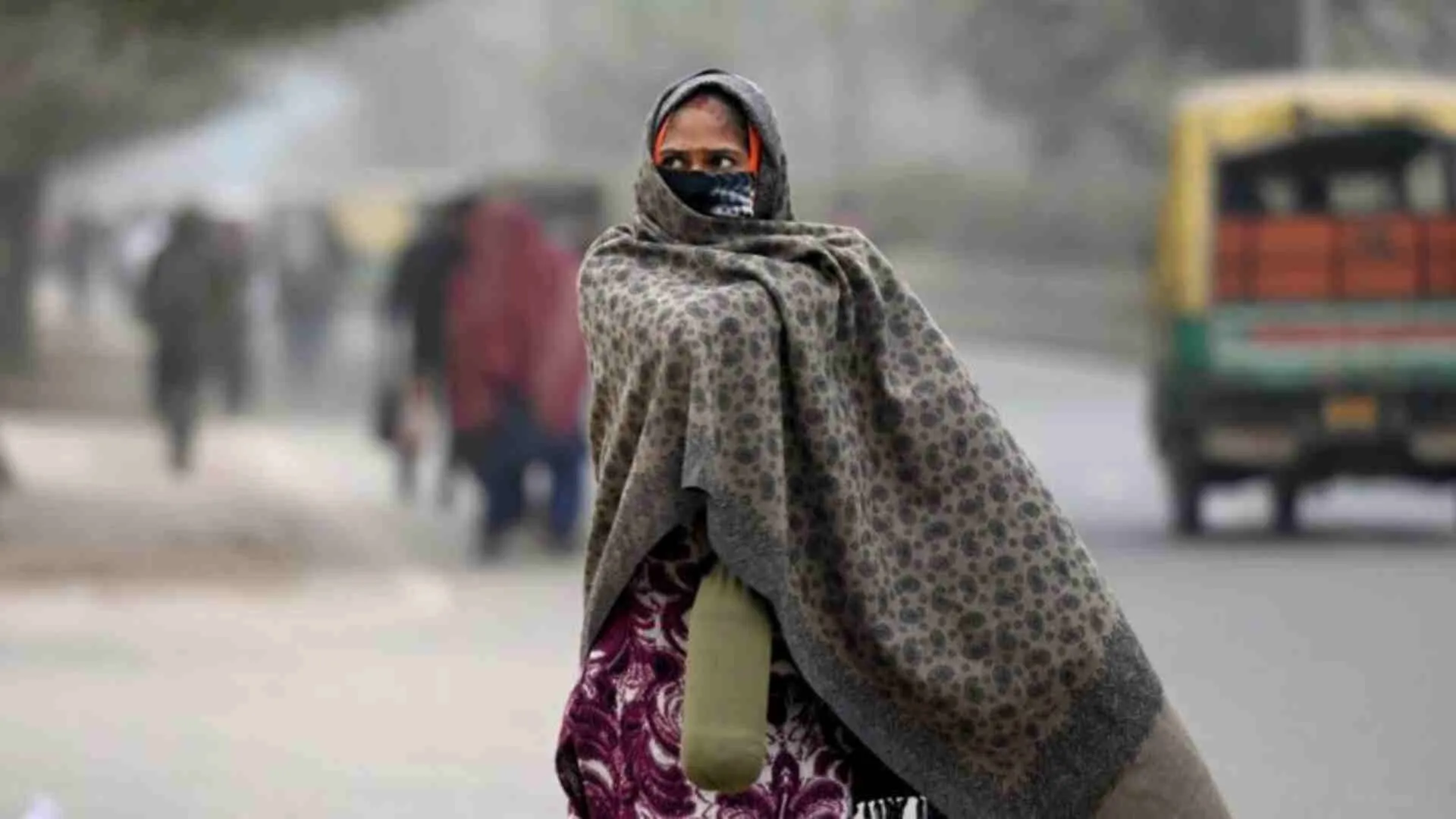India is grappling with the second wave of Covid-19 and its healthcare infrastructure is under considerable stress. The unprecedented sharp spike in cases in the last two months created a huge demand-supply gap of critical requirements including a few Covid-19 drugs. Since then, Indian pharma companies have taken steps to ramp up the production of Covid-19 drugs such as Remdesivir to manage the demand for essential medicines in Covid-19.
In this context, the progress of the Indian pharma industry has an influence on Indian healthcare. Over the last two decades, the pharma industry has significantly contributed towards improving public health outcomes, both in India and across the globe. During the onset of the pandemic, the industry quickly mobilised its resources to tackle the supply chain disruptions. As a result, no drug shortages were reported from India. However, this win was soon overpowered by the second wave of coronavirus in the country. The lessons learned from the Covid-19 pandemic have shown the significance of the pharmaceutical industry and hinted at the possibility of its growth. However, certain limitations require long-pending due diligence.
Over a period, the pharma industry is oscillating between stringent regulations and meeting diverse patient needs. Nonetheless, the pandemic opened doors to the possibility of collaboration and cooperation. We witnessed the government and pharma industry taking a united stand to fight the current pandemic. It’s time to cushion the health system from the aftermath of the second surge and protect the most vulnerable population by strengthening local pharmaceutical manufacturing and building resilient supply chains.
THINKING BEYOND THE PRESENT CRISIS
We must act prudently to safeguard and strengthen the existing healthcare system. The pharma industry has played a pivotal role in supporting the healthcare ecosystem of the country. However, the responsibilities will increase with the rising patient pool and disease burden.
With the increasing load of Non-communicable diseases (NCDs) in the current scenario, the focus should be on reducing healthcare inequalities. A recent report stated that NCDs are responsible for at least 65% of deaths in India. The financial burden of chronic diseases is soaring, and India needs to continuously strive to improve the accessibility and affordability of quality medicines. Despite an increase in the cost of raw material, there is less or no increase in formulation costs given that the drug pricing is governed by NPPA rules.
The pharma industry is working round the clock to meet the growing requirements. The pharma companies have shown a lot of agility in maintaining the supply chain and have been meeting the escalating requirement of Covid products like vitamins, antibiotics, painkillers, and blood thinners. Along with ramping up the production, companies are also working towards dovetailing production and supply chain.
PLI SCHEME: FIRST STEP TOWARDS NEW POSSIBILITIES
The new PLI (Production Linked Incentives) scheme is expected to have a positive impact to drive India’s efforts towards self-sufficiency. It will also help the industry to improve on APIs and intermediates. Effective implementation of the scheme is crucial, and it will take some years to achieve the objective of the scheme in terms of accelerating domestic manufacturing.
ROLE OF PHARMA SECTOR IN PROVIDING EQUITABLE ACCESS TO QUALITY MEDICINE
No one can deny the fact that the pandemic exposed the issue of inequality to access healthcare in India and even globally. This calls for immediate attention towards healthcare reforms to promote universal access to affordable care. This is an opportunity for the Indian pharma industry to contribute towards equitable and sustainable healthcare. The industry has been continuously working to provide an uninterrupted supply of medicines. Fostering public-private partnerships can also play a crucial role.
The pharma industry can play a critical role in addressing the gaps in Pradhan Mantri Bhartiya Janaushadhi Pariyojana (PMBJP). Units in both sectors can synergise for better channelisation of their efforts in R&D, capacity building, experience, and expertise to ensure availability, affordability, and quality of medicines procured through the PMBJP.
FOCUS ON PREVENTIVE HEALTH
India has a complex healthcare system with various socio-economic factors at play. Hence, focussing on preventive health and self-care can help us achieve certain short-term goals. The high expertise of the pharma industry can enable people to prevent and manage diseases better by proving information that rolls beyond products and services on relevant platforms. For instance, initiating a comprehensive disease management program including useful resources, information on medical experts, and more can be a wise decision.
Covid-19 has brought the Indian healthcare system under the scanner of the general population. A well-rounded approach from all stakeholders will help in decoding the obstacles and improve the accessibility of medicines at affordable prices for the patients in need. To take a high leap, it is imperative to align the entire ecosystem including the government, academia, hospitals, and regulators towards a shared goal – better public health outcome.
The writer is a public health expert.























